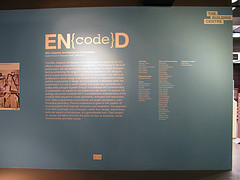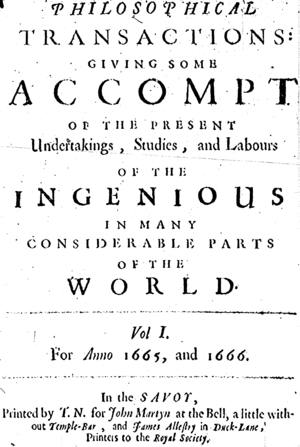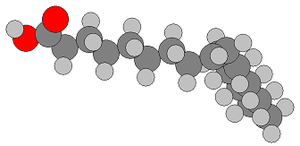
The software code that is written to support and manage research sits at a critical intersection of our developing practice of shared, reproducible, and re-useble research in the 21st century.

The software code that is written to support and manage research sits at a critical intersection of our developing practice of shared, reproducible, and re-useble research in the 21st century.

The Research Data Management movement is moving on apace. Tools are working and adoption is growing. Policy development is starting to back up the use of those tools and there are some big ambitious goals set out for the next few years. But has the RDM movement taken the vision of data intensive research to its heart? Does the collection, sharing, and analysis of data about research data management meet our own standards?

Michael Nielsen‘s talk at Science Online was a real eye opener for many of us who have been advocating for change in research practice. He framed the whole challenge of change as an example of a well known problem, that of collective action. How do societies manage big changes when those changes often represent a disadvantage to many individuals, at least in the short term.
While there has been a lot of talk about data repositories and data publication there remains a real lack of good tools that are truly attractive to research scientists and also provide a route to more general and effective data sharing.

Science Online London ran late last week and into the weekend and I was very pleased to be asked to run a panel, broadly speaking focused on evaluation and incentives. Now I had thought that the panel went pretty well but I’d be fibbing if I said I wasn’t a bit disappointed. Not disappointed with the panel members or what they said.

The Royal Society is running a public consultation exercise on Science as a Public Enterprise. Submissions are requested to answer a set of questions. Here are my answers. 1. What ethical and legal principles should govern access to research results and data?

This is an edited version of the text that I spoke from at the Altmetrics Workshop in Koblenz in June. There is also an audio recording of the talk I gave available as well as the submitted abstract for the workshop. I developed an interest in research evaluation as an advocate of open research process.

Quite some months ago an article in Cancer Therapy and Biology by Scott Kern of Johns Hopkins kicked up an almighty online stink. The article entitled “Where’s the passion” bemoaned the lack of hard core dedication amongst the younger researchers that the author saw around him…starting with: The point being that if they really cared, those young researchers would be there day in-day out working their hearts out to get to the key finding.

Peter Murray-Rust has sparked off another round in the discussion of the value that publishers bring to the scholarly communication game and told a particular story of woe and pain inflicted by the incumbent publishers. On the day he posted that I had my own experience of just how inefficient and ineffective our communication systems are by wasting the better part of the day trying to find some information.

Michael Nielsen is a good friend as well as being an inspiration to many of us in the Open Science community. I’ve been privileged to watch and in a small way to contribute to the development of his arguments over the years and I found the distillation of these years of effort into the talk that he recently gave at TEDxWaterloo entirely successful.